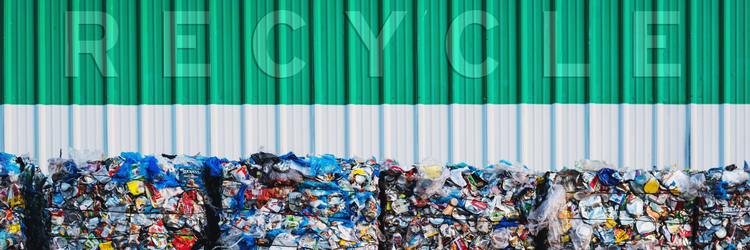Polyvinyl chloride is one of the most produced plastics in the world, ranking third by volume. It’s in nearly everything: hospital equipment, plumbing, window frames, housing trim, tents, shower curtains, and even our clothing. It coats the electrical wiring in your home.
Despite all this, we don’t recycle it. The U.S. recycles approximately zero percent of this ubiquitous plastic.
That may be changing soon.
A team of researchers at the University of Michigan has discovered a way to recycle PVC. The best part? They use one of PVC’s most noxious components to do it.
They published their results in the journal Nature Chemistry.
We typically recycle plastic by melting it down, using it for lower-quality materials. However, when PVC is heated, the plasticizers and hydrochloric acid leach out of it, contaminating other plastics, corroding recycling equipment, and even causing chemical burns to the skin and eyes.
“PVC is the kind of plastic that no one wants to deal with because it has its own unique set of problems… it contains a lot of plasticizers, which contaminate everything in the recycling stream and are usually very toxic. It also releases hydrochloric acid really rapidly with some heat,” explains Danielle Fagnani, the study’s first author.
She and her partner, Anne McNeil, found a way to use the phthalates in the plasticizer to break down the PVC and improve the efficiency of the electrochemical method they developed.
While some hydrochloric acid is still released, it happens at a much slower, controlled rate. Because they can control the speed of release, they can collect the acid and provide it to other industries as a reagent or even to agricultural or pharmaceutical companies as components.
The method leaves some resulting materials that still need study to determine how to use them.
“It’s a failure of humanity to have created these amazing materials which have improved our lives in many ways, but at the same time to be so shortsighted that we didn’t think about what to do with the waste,” McNeil said.
Both women feel strongly about recycling and creating products that don’t harm our planet that we can reuse for our benefit.
“Let’s be strategic with the additives that are in plastics formulations. Let’s think about the during-use and end-of-use from the perspective of the additives,” said Fagnani, who hopes their study can help inform other scientists about recycling other complex materials.

